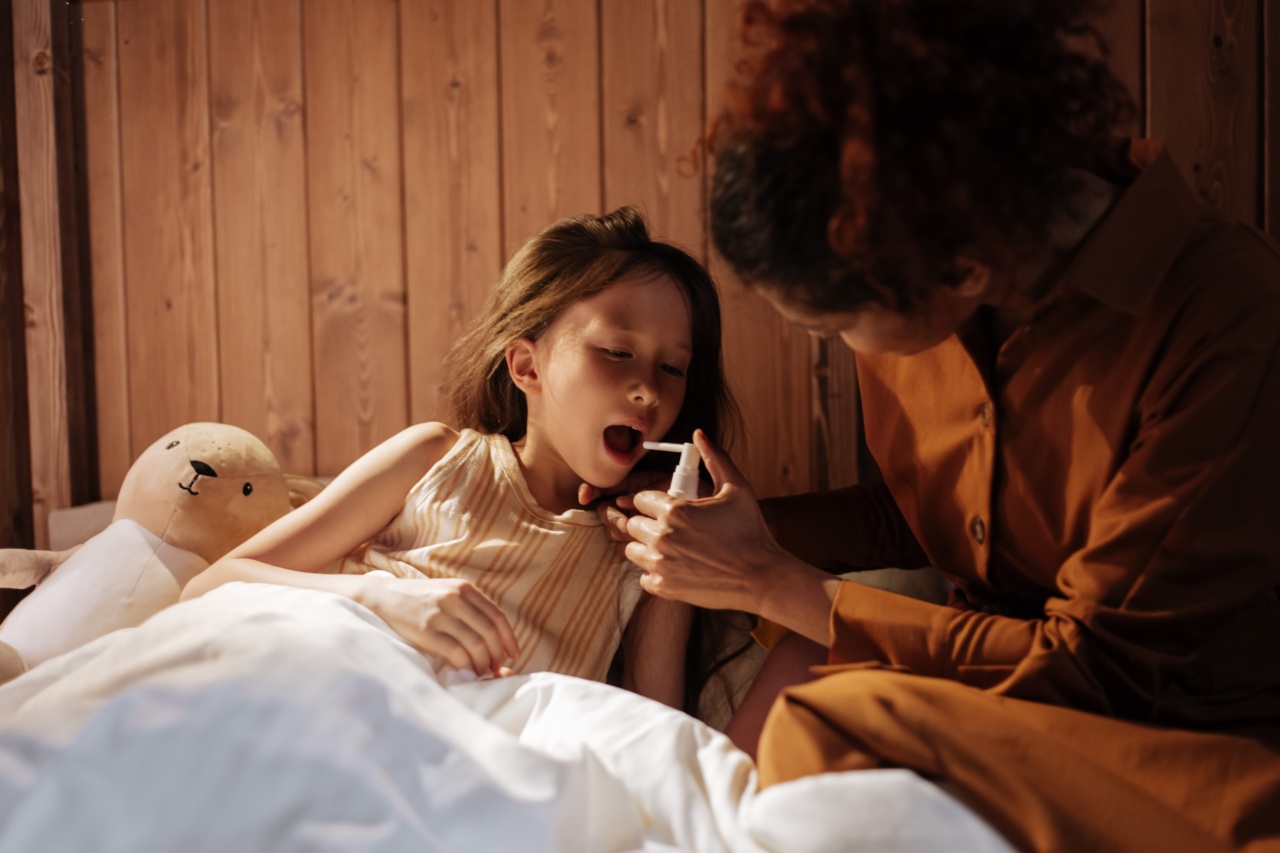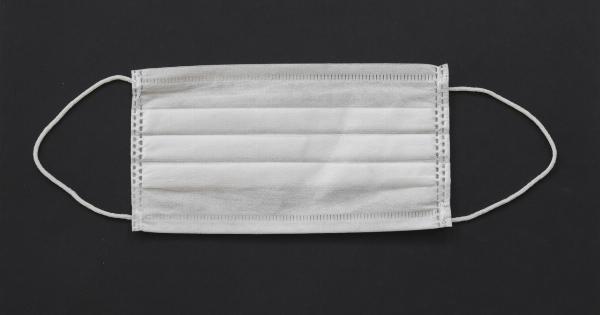Strep throat is a bacterial infection that affects the throat and the tonsils. It can cause a sore throat, fever, and difficulty swallowing. The bacteria responsible for strep throat is Streptococcus pyogenes, also called group A Streptococcus.
Symptoms
Symptoms of strep throat can vary from person to person, but some common signs include:.
- Severe sore throat
- Pain when swallowing
- Fever
- Swollen tonsils
- White patches on the back of the throat
- Tiny red spots on the roof of the mouth
It’s important to note that not all sore throats are caused by strep throat. Viral infections, allergies, and acid reflux can also cause a sore throat.
Transmission
Strep throat is highly contagious and can easily spread from person to person through coughing, sneezing, or touching a surface that has the bacteria on it.
It’s important to take precautions to prevent the spread of strep throat. This includes washing your hands regularly, avoiding close contact with people who have strep throat, and covering your mouth and nose when you cough or sneeze.
Treatments
If you suspect you have strep throat, it’s important to see a doctor. A doctor can perform a throat swab and determine if you have strep throat.
If you test positive for strep throat, your doctor may prescribe antibiotics. It’s important to take the full course of antibiotics as prescribed, even if you start feeling better before the medication is gone.
This will help prevent the infection from coming back or spreading to others.
In addition to antibiotics, there are other measures you can take to ease the symptoms of strep throat. These include:.
- Resting
- Drinking plenty of fluids
- Gargling with warm salt water
- Using throat lozenges
- Using a humidifier
It’s important to avoid smoking and exposure to smoke, as this can irritate the throat and make symptoms worse.
Prevention
There are steps you can take to prevent the spread of strep throat. These include:.
- Washing your hands regularly
- Avoiding close contact with people who have strep throat
- Covering your mouth and nose when you cough or sneeze
- Avoiding sharing utensils, cups, and towels
- Disinfecting surfaces that may have been touched by someone with strep throat
- Staying home from work or school until you have been on antibiotics for at least 24 hours
By taking these precautions, you can help prevent the spread of strep throat and keep you and your family healthy.
When to See a Doctor
If you have symptoms of strep throat, it’s important to see a doctor as soon as possible. Early treatment can help prevent complications and may decrease the length and severity of the illness.
You should also see a doctor if you experience any of the following:.
- Difficulty breathing or swallowing
- Severe pain in your throat
- A high fever
- A rash on your skin
- Joint pain
- Swelling in your neck
These symptoms may indicate a more serious infection or complication, and should be addressed immediately.



























